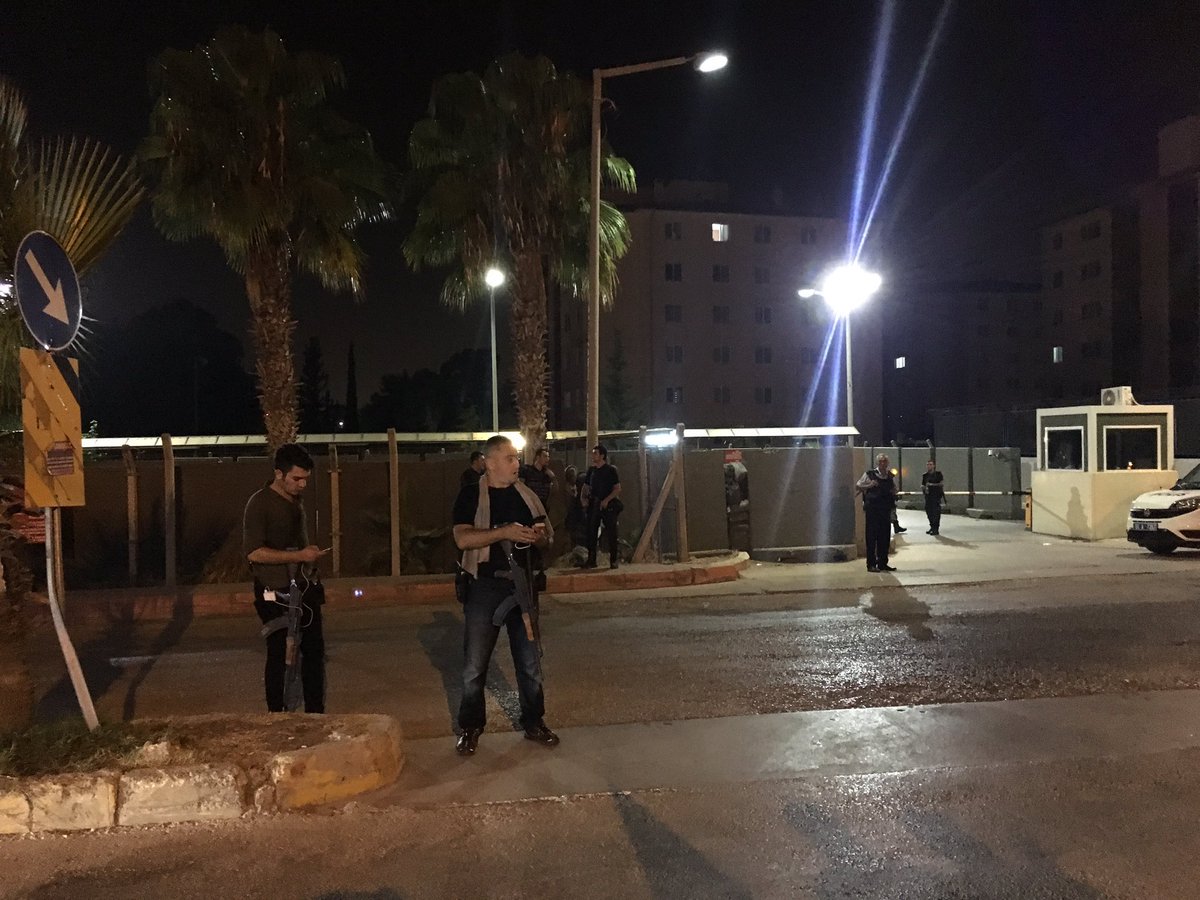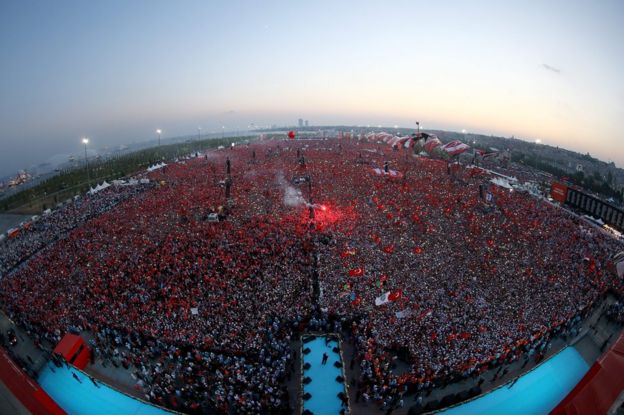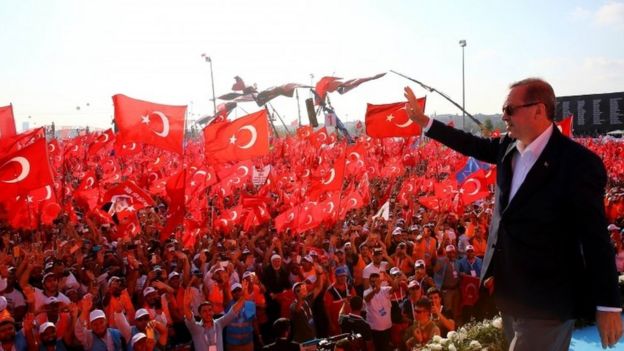- Registrado
- 21 Ene 2016
- Mensajes
- 3.855
- Calificaciones
- 29.863
tengo conocidas allí, abogadas, llevo dias intentando contactar con ellas en vano, me temo lo peor.........
Follow along with the video below to see how to install our site as a web app on your home screen.
Se debe tener en cuenta: This feature may not be available in some browsers.




